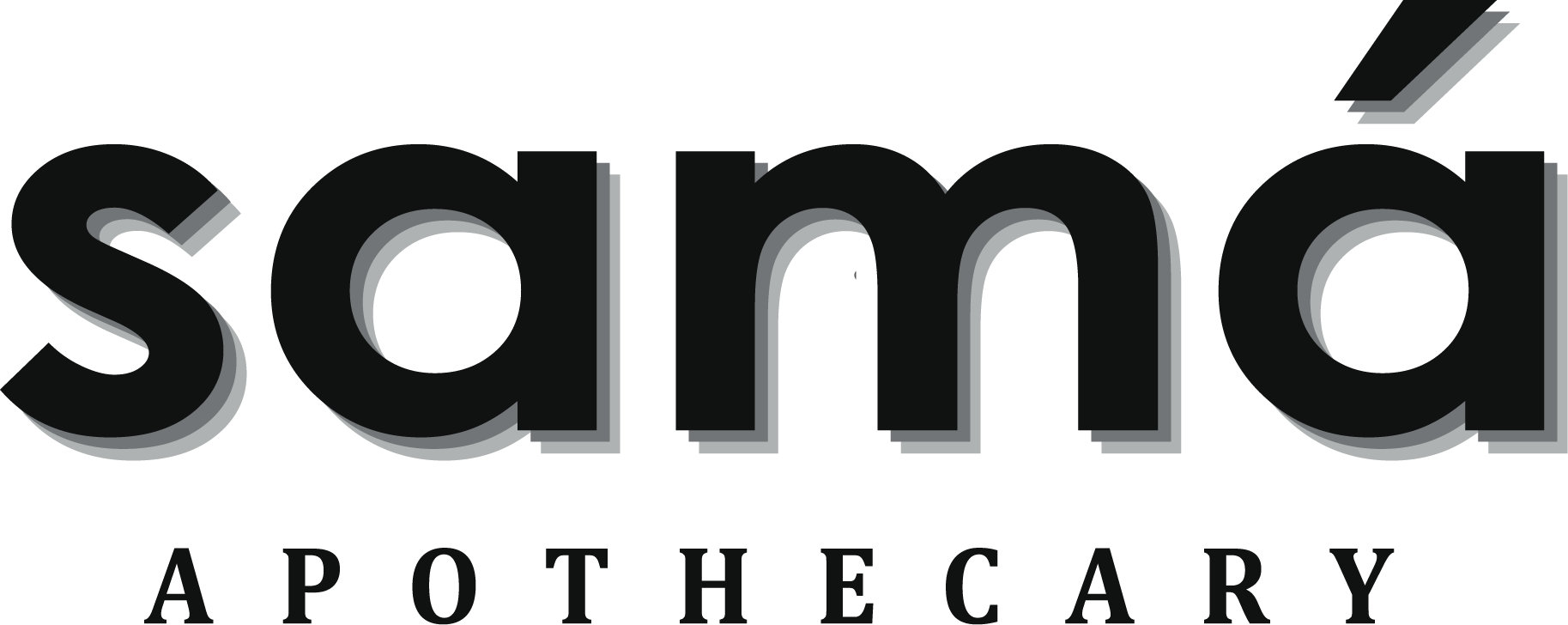No products in the cart.
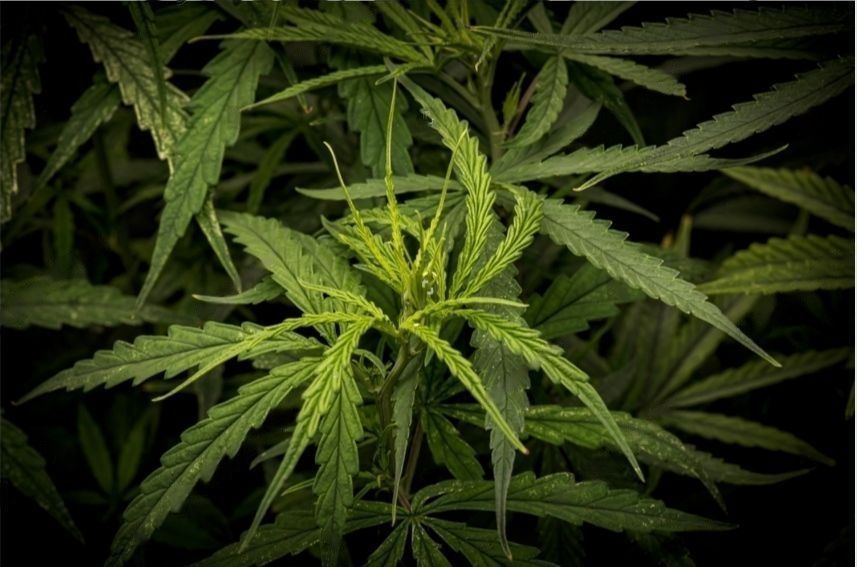
Myth: Marijuana and industrial hemp are the same things!
Fact: It’s not. The cannabis plant comes in two main varieties: hemp and marijuana. They are not
the same plant but belong to the same family; legally, hemp is a cannabis plant with a THC content of less than 0.3 per cent, whereas marijuana is a cannabis plant with a THC content
greater than 0.3 per cent.
Myth: Hemp fields include hidden marijuana crops!
Fact: Cross-pollination between hemp and marijuana negatively affects the THC level of the marijuana plants, which is an unpleasant revelation to any marijuana producer who attempts to cultivate it in a field of cannabis. Additionally, industrial hemp is produced significantly differently from hemp; in that, it is planted closely together (4-5 inches apart), whereas marijuana requires much room when grown outdoors (4 – 5 feet apart). In addition, industrial hemp has a tall, lean growth habit, whereas medicinal marijuana has a more bush-like growth habit. Given the variations in growing techniques, marijuana grown in a hemp field would be quite visible from the air and easily distinguished if you came across it.
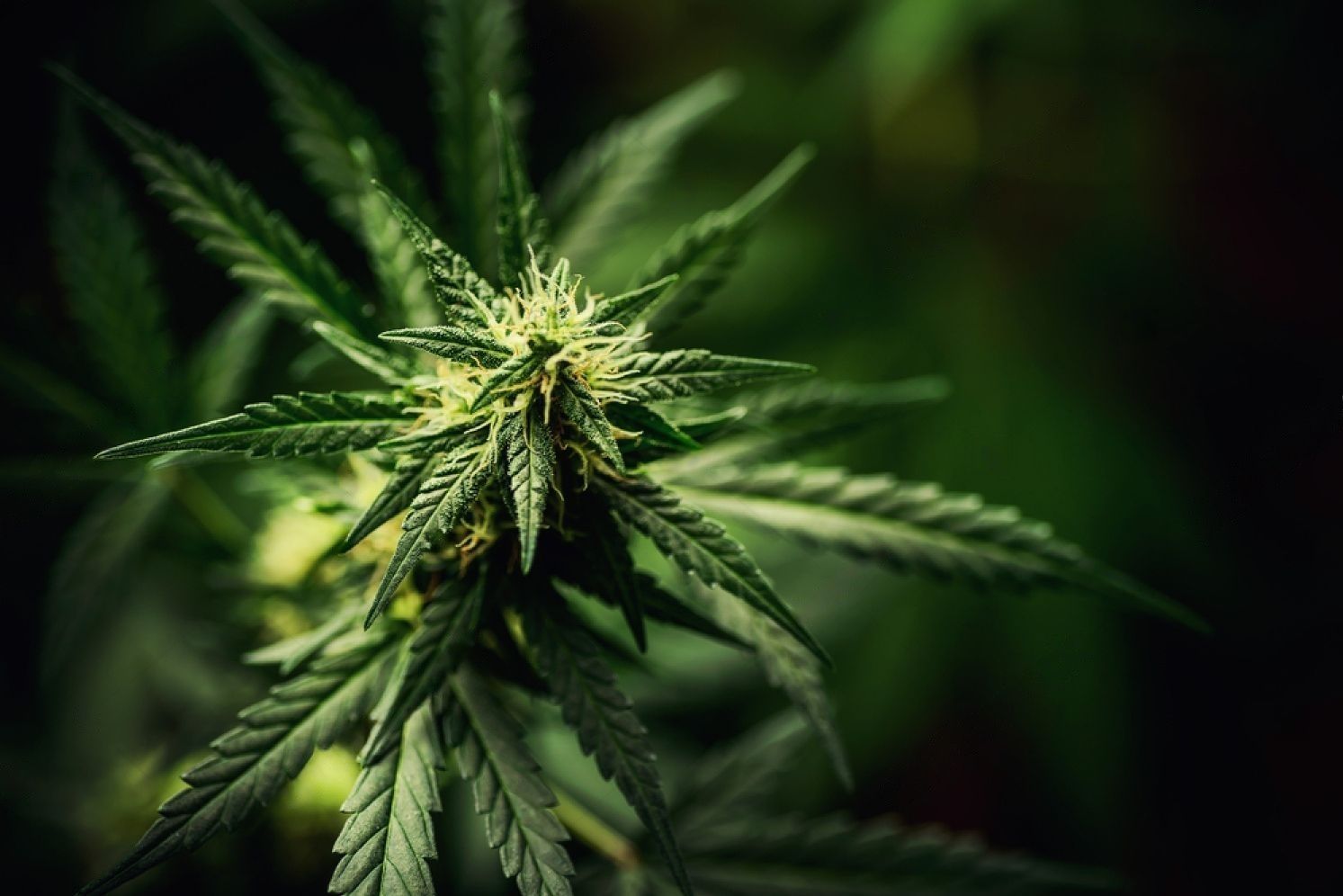
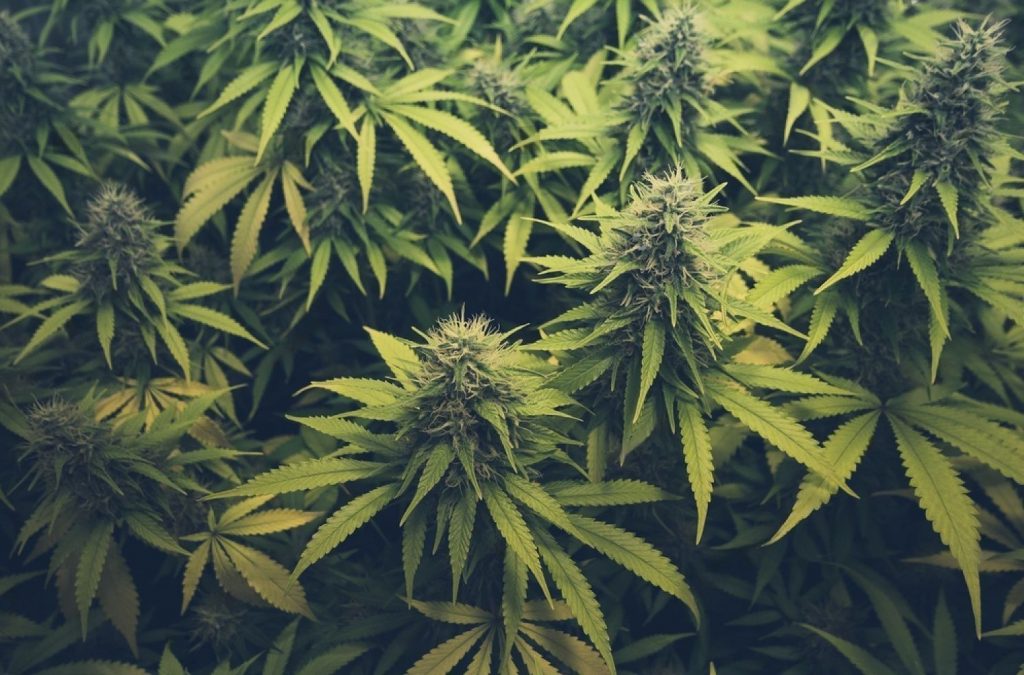
Myth: CBD is an Additive Drug!
Fact: Although hemp contains little THC, it is rich in cannabidiol (CBD), a cannabinoid being studied for potential medical applications. Because cannabidiol has no intoxicating properties, it has little benefit for misuse or recreational use. Absolutely no scientific research even suggests that using CBD may be addictive or habit-forming.
Myth: You can get high with hemp!
Fact: Smoking industrial hemp would not cause someone to become intoxicated since the THC content is so low (THC 0.3%). Unless a person is exceptionally sensitive to THC, it is not enough to cause any psychoactive effects. The smoke might give you a headache, though. In addition, hemp has a comparatively high concentration of CBD, a cannabinoid that actually counteracts the high from marijuana. It turns out that hemp is not only not marijuana but also may be considered “anti-marijuana.”
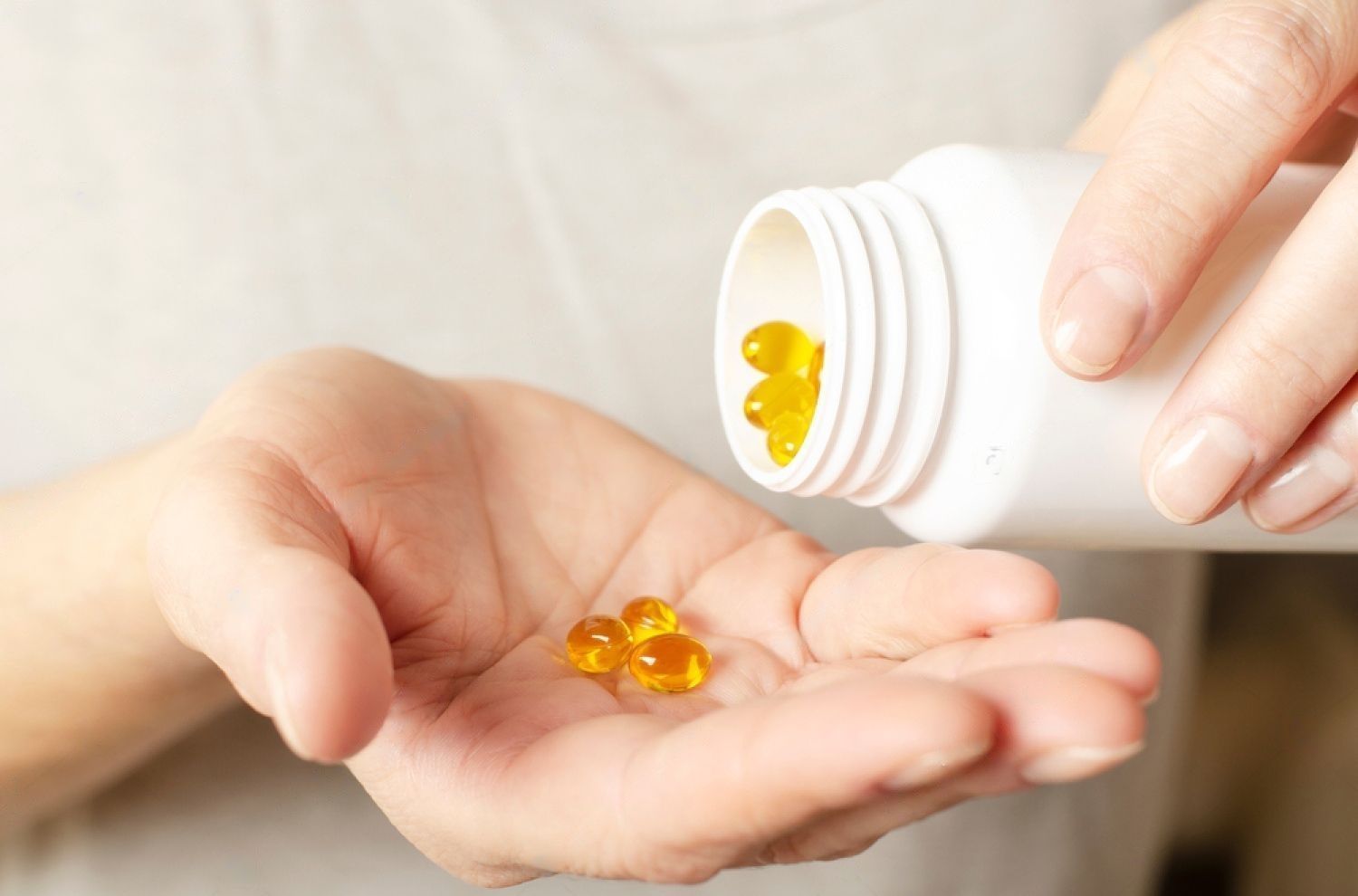

Myth: Legalizing hemp might mislead kids about drugs.
Fact: The wrong message is being given to youngsters by the current inability of drug enforcement organizations discern between an agricultural crop and a drug crop.
Myth: THC can be found in hemp seed oil.
Fact: With an expanding range of uses, hemp seed oil is a product that is becoming more and more popular. There is absolutely no THC in the washed hemp seed. Industrial hemp has very small levels of THC, which are found in the plant’s glands. There can occasionally be traces of THC in the oil created when resin containing THC and CBD adheres to the seed during the production process. These cannabinoids are minutely concentrated in the oil. Hemp seed oil cannot get someone high.
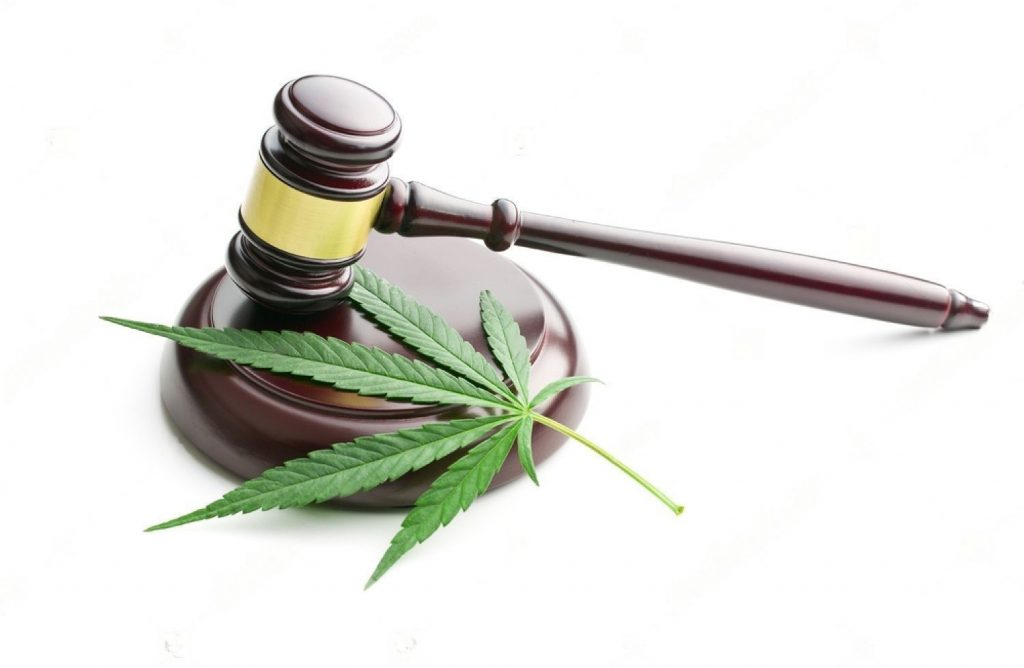
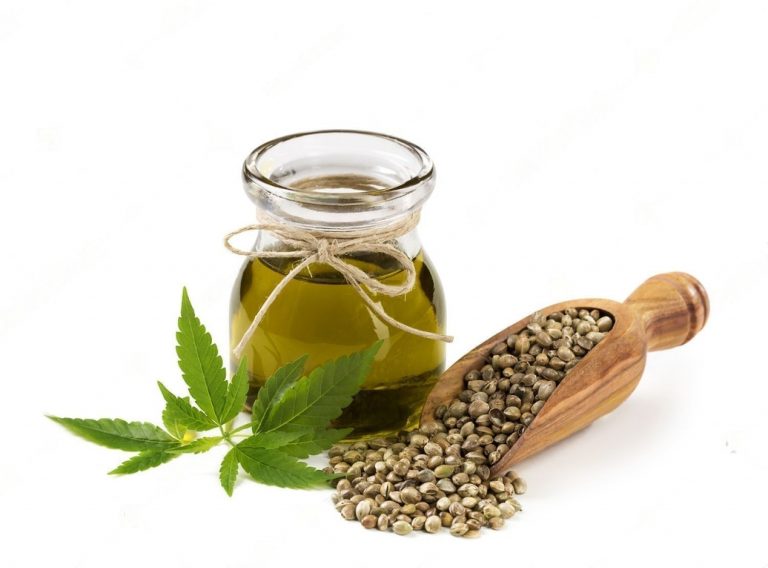
Myth: Are Omega 6s harmful to you?
Fact: No! Omega-6 frequently has a poor rap. Certain omega-6s including GLA, is essential for general wellness. As a general guideline, stay away from any highly processed fats. Our bodies require a combination or balance of vital fatty acids. The finest meals to eat are those that naturally contain balanced omegas. The ratio of omega-3 to omega-6 in hemp is 3:1. Additionally, hemp contains raw, unprocessed, and easily assimilated omegas.
Myth: CBD has the same effect on everyone.
Fact: How CBD works for you is determined by your current state of health, genetics, and how your endocannabinoid system interacts with CBD. It also depends on what you intend to use it for. Some individuals use CBD to bring a little enjoyment and relaxation back into their day, while others use it to control illness symptoms. It may not have significant consequences on those who are otherwise happy and healthy. Depending on environmental, lifestyle, and genetic variables, certain people’s endocannabinoid systems may require more support than others. CBD benefits everyone’s ECS in a different way; adaptogen herbs are those that change to match the demands of the individual.
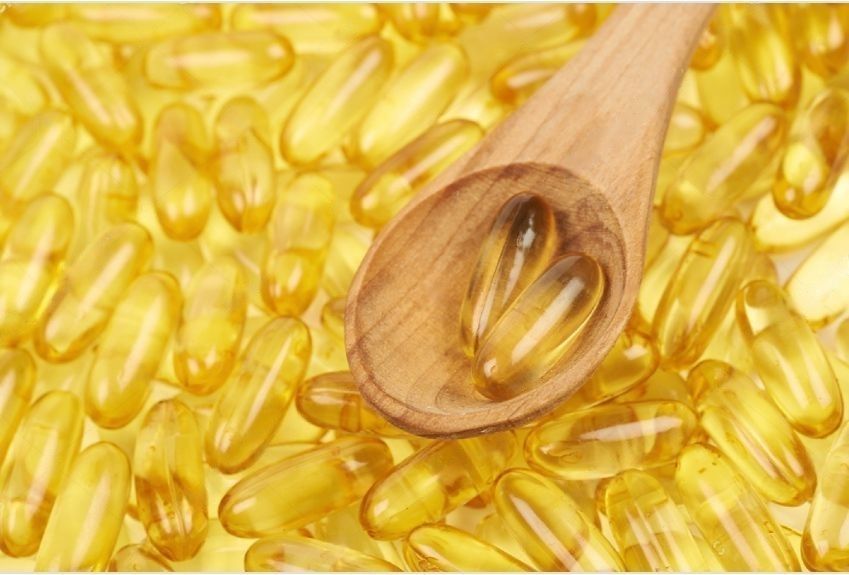

Myth: CBD Will Help You Sleep
Fact: CBD is exceedingly unlikely to make you tired or drowsy when taken appropriately. CBD, in fact, can help you feel more focused throughout the day and more rested at night. While CBD calms your body, being relaxed and drowsy is not the same. So you may take CBD confidently and never feel drowsy out of it. Of course, everyone is different, but CBD-producing sleepiness does not appear to be widespread.
Myth: CBD Isolate Is Better
Fact: CBD isolation, as the name implies, is nothing but processed CBD. Doesn’t that seem effective and good? While there is nothing inherently wrong with CBD isolate, it excludes the vital other natural components of hemp plants. This contains minor cannabinoids such as CBC and CBG, as well as natural chemicals found in hemp known as terpenes. When all of these natural chemicals are combined, the CBD benefits are significantly enhanced. In other words, they interact synergistically and boost each other’s performance. This is known as the Entourage Effect, which is the primary reason full-spectrum or broad-spectrum CBD extract is preferable to CBD isolation.
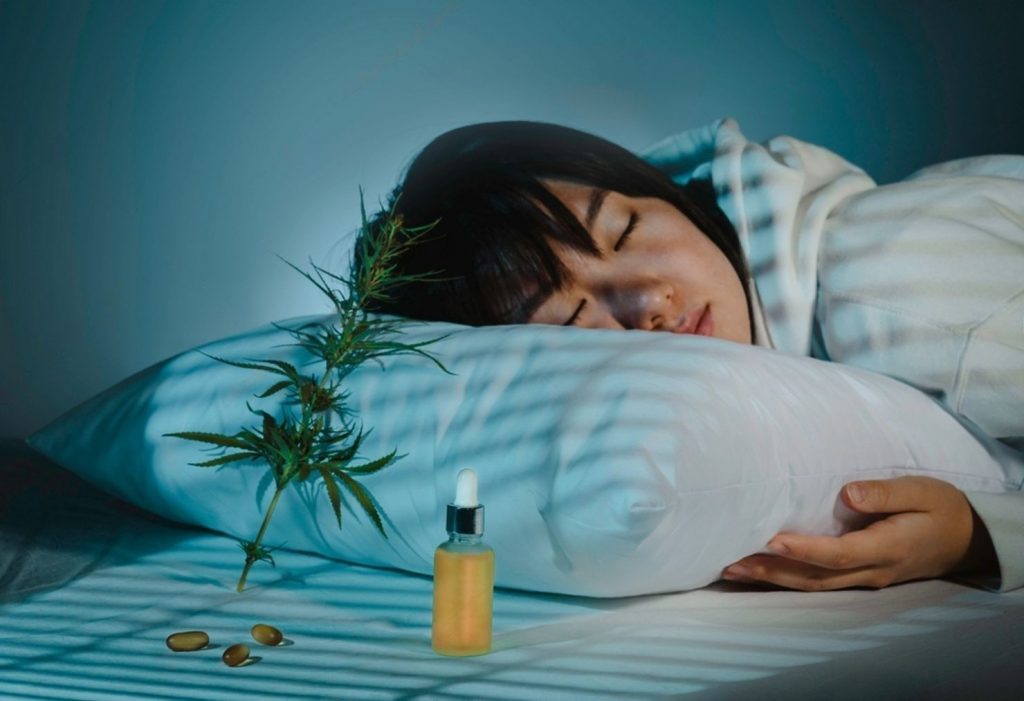
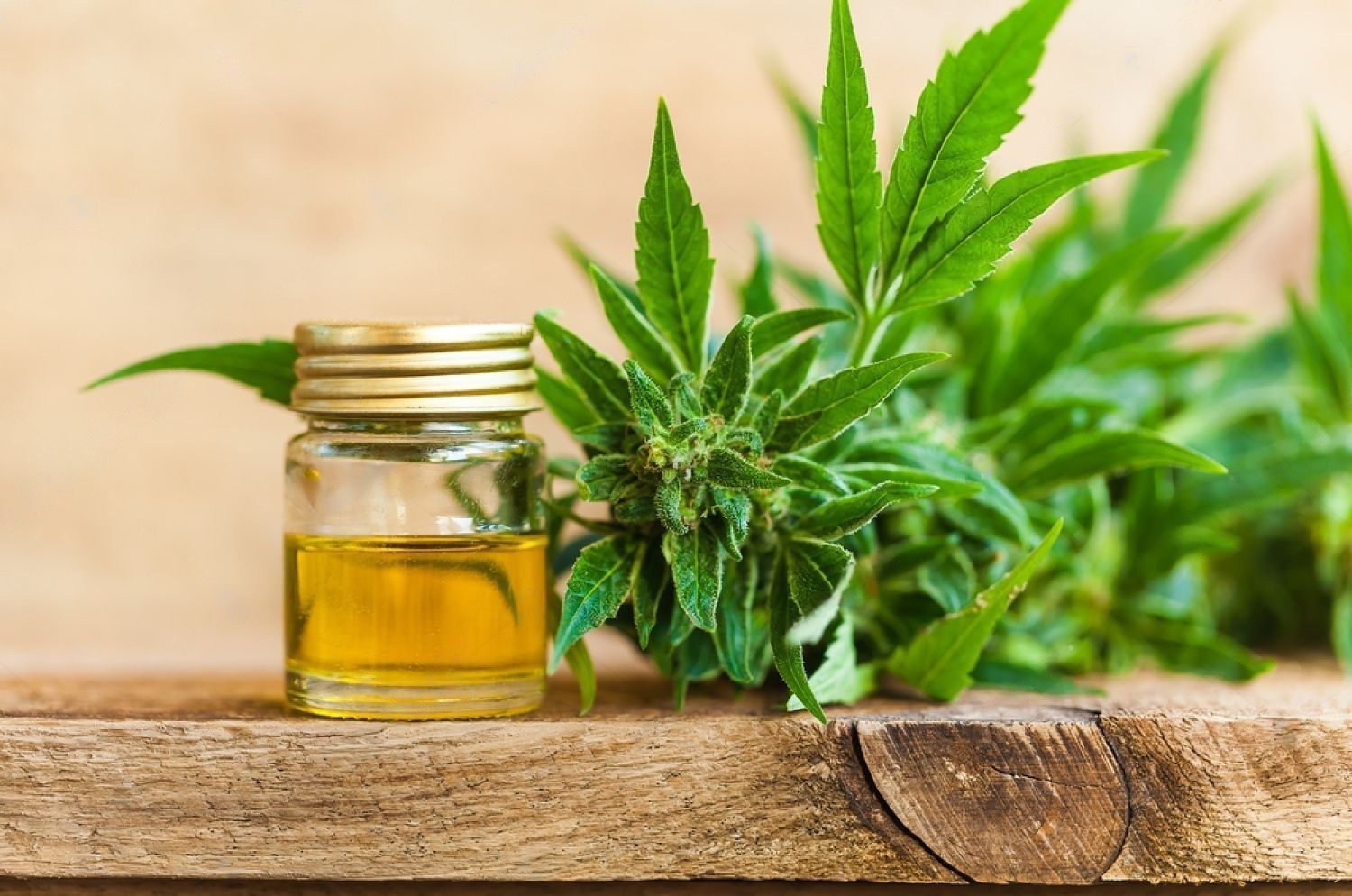
Myth: Higher Dosage = Better Relief
Fact: While the general guideline for taking CBD is to begin with the lowest feasible dosage and gradually raise it based on how the body responds, the appropriate dosage for each individual varies on several factors:The type of CBD extract you choose will have a significant impact on the base and optimal dose. Furthermore, CBD may be used in at least five distinct ways. Oil, candy, pills, drinks, and topical applications are examples of these. The amount of CBD that enters our bodies varies depending on the product. This also influences the dosage required by the body to achieve the desired effects. The amount of CBD required to produce noticeable effects depends on how much fat is present in the food that you took before taking CBD internally.
Less fiber and more fat food improve CBD absorption drastically in the intestine. Eat a smaller and less fiber food with ghee or oily curries. Drinking hot water just after taking CBD also helps in absorption. After absorption CBD is stored in body fat cells before being slowly expelled through urine and feces. Therefore, in theory, those who more body fat should benefit from CBD’s benefits for a longer length of time.

